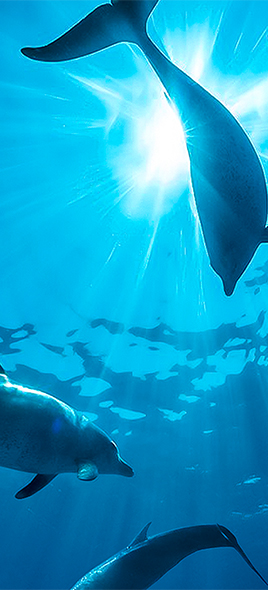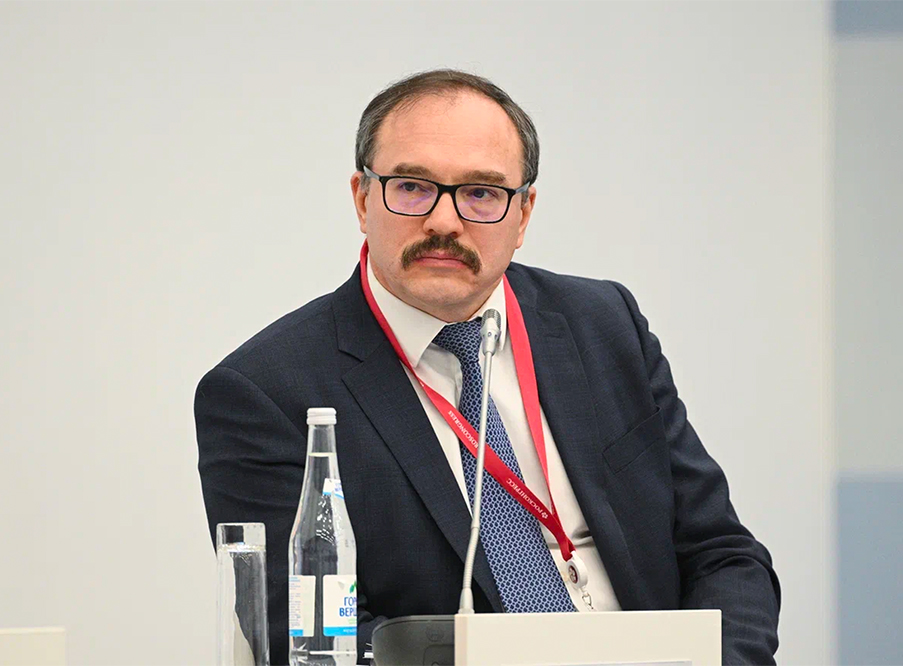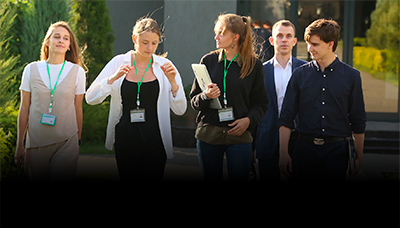December 3 was the closing day of the Young Scientists Congress 2022 held in Sochi. Vladislav Romantsev, EFKO's Director of Strategic Development, took part in one of the key sessions of the track ‘Grand Challenges and Priorities of Scientific and Technological Development’.
‘Genetics as a global challenge’ is a complex issue that requires deep subject knowledge and simultaneously consideration for ethical and geopolitical risks.
Mikhail Kovalchuk, the President of the Kurchatov Institute, facilitating the session, has put its complexity and multidimensional nature alongside similar issues in nuclear power industry. Even the study and industrial introduction of genetic know-how occur unnoticed. And many of these solutions have already become part of human routine.
For example, each person consumes dozens of different products made by microorganisms. Yoghurts, yeast, and after them, bakery products. The genomes of these microorganisms are practically not digitised and standardised at the moment.
In addition, genetics relates to seed production and animal husbandry, pharmaceuticals and biotech, dozens of technological issues on decoding and genetic engineering. In particular, there is poor regulatory framework for comprehensive genetic research and unspecified deadlines for drafting relevant legal documents. This issue was raised by Alexey Kochetov, Director of the Institute of Cytology and Genetics (IC&G) of the Siberian Branch of the Russian Academy of Sciences.
Vladislav Romantsev shared EFKO's best practices in developing enzymes and yeast for the food industry. On the whole, three groups may be distinguished: food, feed and industrial. And the dependence on foreign supplies of such components is currently equal to 70%. ‘We produce very little at home in Russia and are not very cost-effective, unfortunately. And this task is essential for achieving technological efficiency. A few years ago EFKO, together with the Kurchatov Institute and IC&G, started activities on creating enzymes employed in the enzymatic extraction of vegetable protein. We managed to achieve certain results. Perhaps, we have even created some platform that may be used for launching the mass development of producer strains for almost all enzymes,’ said Vladislav Romantsev.
‘One of the challenges is timing. Everything relating to genetic transformation is not fast,’ continues Vladislav Romantsev. ‘Creating a producer strain takes up to a year or more. We also face restrictions on the supply of reagents and consumables. Such productions, of course, need to be developed domestically. And favourable forecasts say that by 2027 the share of domestic enzymes may reach 80–85% of the domestic demand.’

Challenges that continue to hinder the full-fledged competitiveness of Russian genetic solutions in the international market (perhaps all the meeting participants has agreed on this):
• The need to develop a field-specific regulatory framework. Now the situation shows that the technology itself can be developed in six months or a year, and its registration will take several times longer. It is necessary to alter the procedures so that the products – of course, provided that they comply with all safety requirements – approached the market as soon as possible.
• Shortage of both field-specific staff (in particular, bioinformaticians) and early career guidance programmes.
• The position of the catch-up compared with foreign companies in the issues of genomic technologies systematization, also as a result of unfair borrowing of Soviet technological solutions.
• Culturological resistance to gene experiments, the need to change the mentality of society, etc.
On the contrary, a strong domestic scientific school, a unique database of genomes represented in Russia as well as attention to this area from the state can become a support in the development of domestic genetics, for example, in the framework of the Strategy for the Development of Nature-like Technologies and the creation of a system for storing and processing genetic data – the National Database of Genetic Information.
















